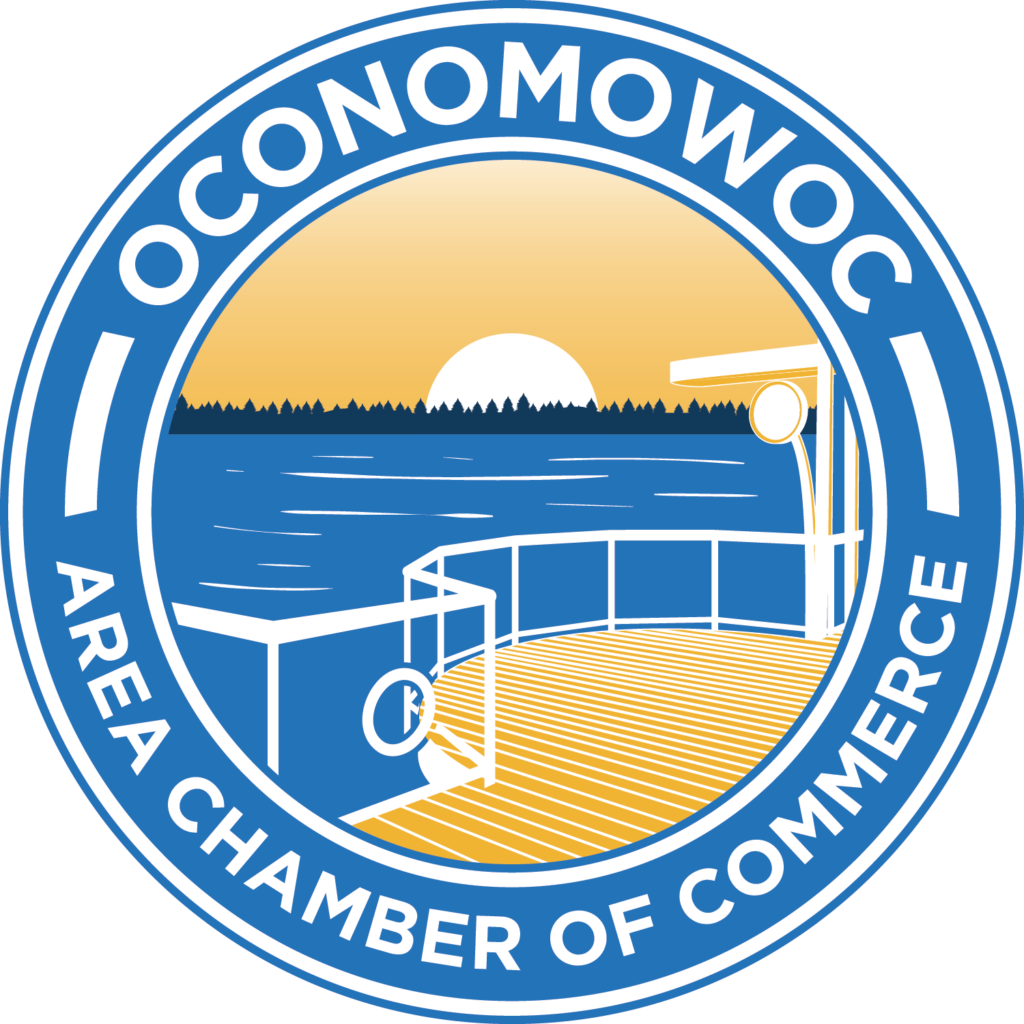Self Acceptance - Your Gauge to a Successful Business
Contributed by Idea Collective Member:

Laura Hulleman
Endotype Branding
"I know all I have to do is get more organized."
“I need to be more direct with people. And, if I can get Kathy on board then this will work. But she really doesn’t understand how I communicate. So, I need to figure out a way to articulate my vision so she can. Then I think this idea can succeed.”
This was a conversation I had with a client of mine. She has an amazing vision for her business and the way her mind works is truly unique.
She had made a common mistake of surrounding herself with well-meaning people who were advising her how to grow her business effectively. The challenge was often it was conflicting advice. I kept reassuring her, “You’re the business owner. You see the vision of this business. They don’t see it yet. You need to step up as the owner and lead. If you do that, everything will turn out fine.”
She agreed…and then uttered the words above. “Hang on a second,” I reacted. “Back up. I said, step up as owner and lead. And immediately you describe someone completely different than who you are. You can’t grow your business while acting like someone you are not.”
Because she had taken my personality assessment, I knew the behavior changes she was suggesting (more organized, more direct, communicating differently) meant changing, not how she was doing business, but changing who she was. She felt to become more successful in business, she must change how she was designed to operate.
This is a debilitating trap I see so many business owners fall into. Any attempt to change our core self will inevitably fail. Each failure will slow down the momentum of a successful business model. And for my client, each time she failed to change who she was, she saw the failure as evidence that either her business was flawed, or she could not be a successful business owner.
The Trap...

As individuals each of us have inherent strengths and challenges. As business owners, we often hear messages of overcoming our weaknesses or turn them into our strengths. We receive well-meaning advice from others in our business community or coaches we hire on how we can “do things different” to be more effective. After hearing it over and over, it is easy for us hear the message as, “You need to change.”
Individuals who make decisions through inspiration and intuition are called flighty or chaotic. They begin to think, to be successful, I just need to:
Other people who communicate in a direct and succinct manner are called brash or rude. They think, to be successful, I need to:
If I was just a little different, a little better...then I would be successful.
Believing we need to change our inherent nature is the trap that keeps business owners feeling confused and beaten down, and keeps their businesses frozen without growth. If your unique design includes being relaxed and challenged with organization, you can work on that all you want, and all you will get is frustrated. You cannot change your inherent design.
The Solution...
If believing we must change who we are is the trap, then self-acceptance is the solution. The first step on that pathway is beginning to become self-aware. Self-awareness may seem easy enough, but some of you may remember Mel Robbins at The Idea Collective – Small Business Retreat last year, explaining we are “kind of lousy” at internal self-awareness, knowing ourselves. There are too many doubting voices in your mind, insecurities, and old programing that colors your perception of yourself.
So some then use external self-awareness. This is getting feedback on how others perceive us. The problem with this is often others perception of us is colored by their own judgements and bias. If I believe leading with heart has been the key to my success, I am far more likely to advise you that is a flaw you need to change.
Instead of going to people to tell us how we are designed, I suggest using tools that reflect back an accurate description of your design. Having a clear and unbiased picture of who exactly you are can allow you to see what you can change about yourselves and where you would be wasting your time.
Personality assessments are one of the tools that can help you to see this. A great personality assessment will not just tell you the strengths of your type, or which Harry Potter character you are most like. Look for an assessment that helps you to see your strengths and inherent weaknesses; areas you can improve; and your unconscious tendencies that, although you may dislike, are a normal part of your design. After using and studying many assessments for years, I have created the Endotype Formula and invite you to take the quiz at www.endotype.com.
Once you have a clear picture of you, it is time to practice self-acceptance. Perhaps your lack of organization isn’t working well in your business. Self-acceptance allows you to see that this solution is not to change who YOU are, but to delegate tasks to others to have complimentary skill set. Hire someone organized to help you. Outsourcing is not just a time saving measure. By outsourcing the tasks, you are not designed to do well, to the right people, it is a sign of mature self-acceptance. It is also a sign of a successful small business.
You are just who you are…so accept it.
If you’d like to talk more about your small business, join the Idea Collective and benefit from the brilliant minds of its members.

Contributed by
Laura Hulleman
Endotype Branding
One of the basic needs of all people is to feel seen, to feel heard. So ask yourself, “How does my marketing allow clients to feel seen and feel heard? How do I know who my ideal clients are?”
Most marketing programs want you to GUESS who your ideal clients are. That will not work!
Stop guessing and use the Formula to not only determine WHO your clients are, but HOW they think, WHY they buy, and WHAT to write in your marketing.





